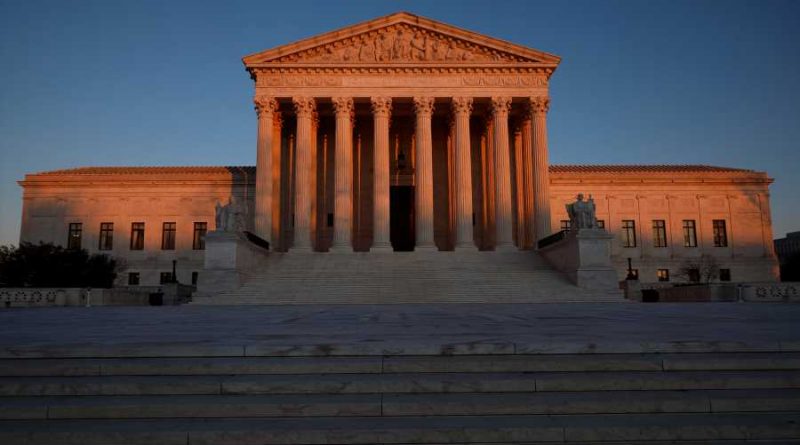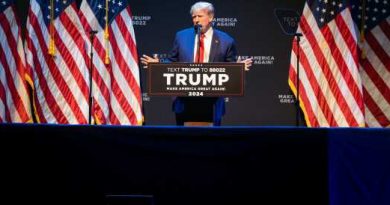Supreme Court to Rule on Whether Republican State Legislatures Can Rig Elections
The Supreme Court couldn’t manage to end its disastrous summer session without promising more horrors to come.
The highest court in the land announced on Thursday that it will determine this fall whether state legislatures can conduct elections as they see fit, regardless of whether they are in violation of the state constitution and free of oversight of state courts.
The case in question, Moore v. Harper, was brought by Republicans in North Carolina after the state’s Supreme Court rejected their bid to gerrymander the congressional map in the party’s favor. State Supreme Courts have also recently rejected maps drawn by Republicans in Pennsylvania, and Democrats in New York and Maryland, as The Washington Post points out. North Carolina Republicans are arguing that their map should have been allowed to stand, citing the “independent state legislature” theory, which holds that state legislatures can essentially do whatever they want when it comes to federal elections.
Related Stories
Supreme Court Rules 6-3 That the Planet Should Burn
Trumpists Call on Supreme Court to Let States 'Establish Religion Within Their Borders'
Related Stories

The Who's 50 Greatest Songs
Meet the Creators and Activists Leading Social Media's Next Wave
If the Supreme Court to rule in the North Carolina GOP’s favor this fall, Republican-controlled legislatures across the country (there are 30 of them, compared to 20 controlled by Democrats) could have free rein not only to chop up congressional maps, but to implement a bevy of other voter restrictions with little to no oversight. Republicans in Pennsylvania, for instance, including GOP gubernatorial nominee Doug Mastriano, have proposed throwing out voter rolls and requiring every citizen to re-register to vote. Voter ID, eliminating early or mail-in voting, and other restrictive measures have been floated elsewhere.
Republicans would have a far easier time implementing some of these measures if they didn’t have to deal with the pesky inconvenience of their state constitutions.
There’s one other pretty significant way in which the power of state legislatures has been debated lately: Trump’s scheme to overturn the results of the 2020 election was predicated upon conservative state legislatures appointing alternate slates of electors declaring him the winner despite the state’s citizens voting for President Biden. It’s unclear to what extent a favorable ruling from the Supreme Court this fall might allow Republicans to orchestrate a similar scheme in 2024. It certainly wouldn’t hurt their chances, though.
Source: Read Full Article


